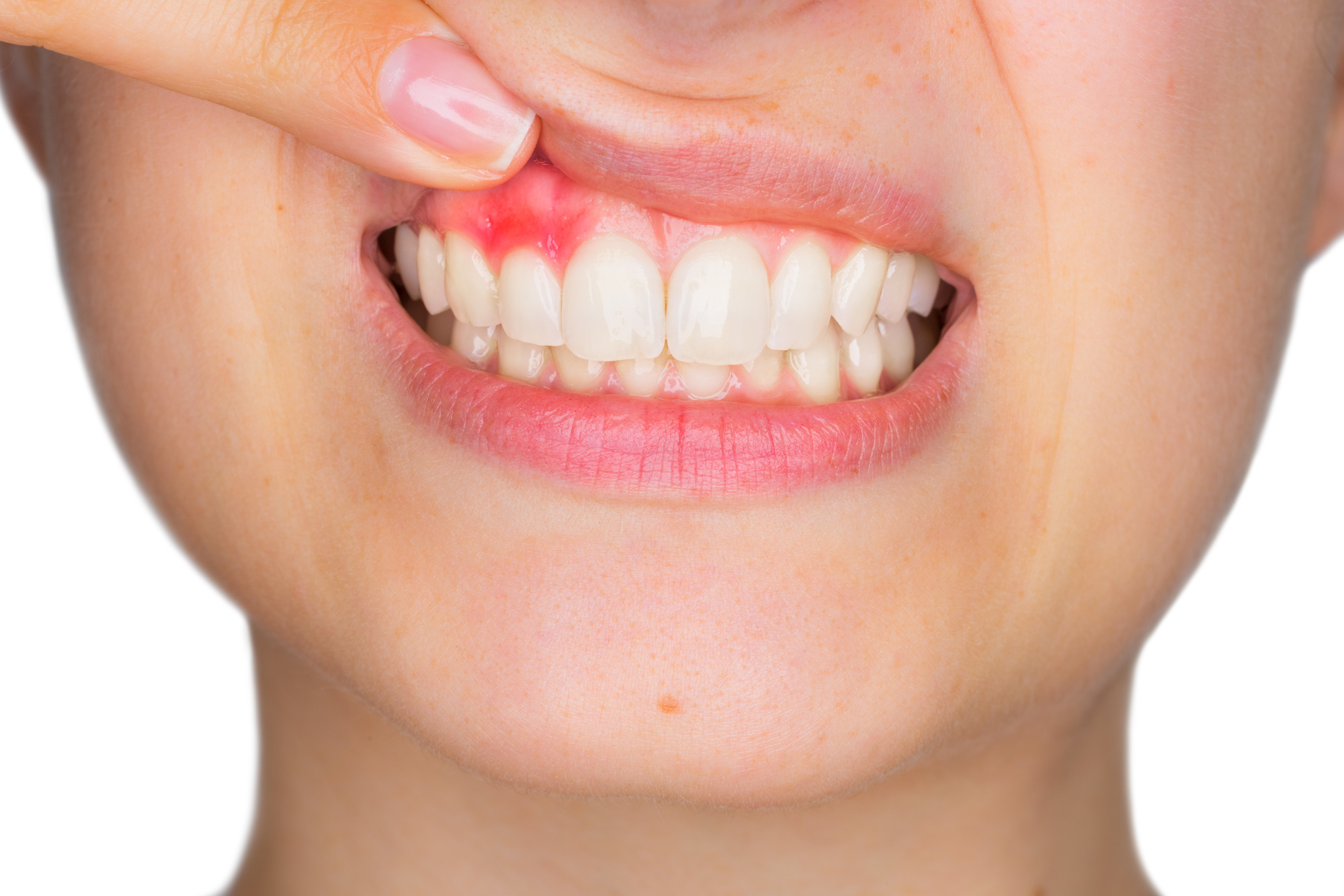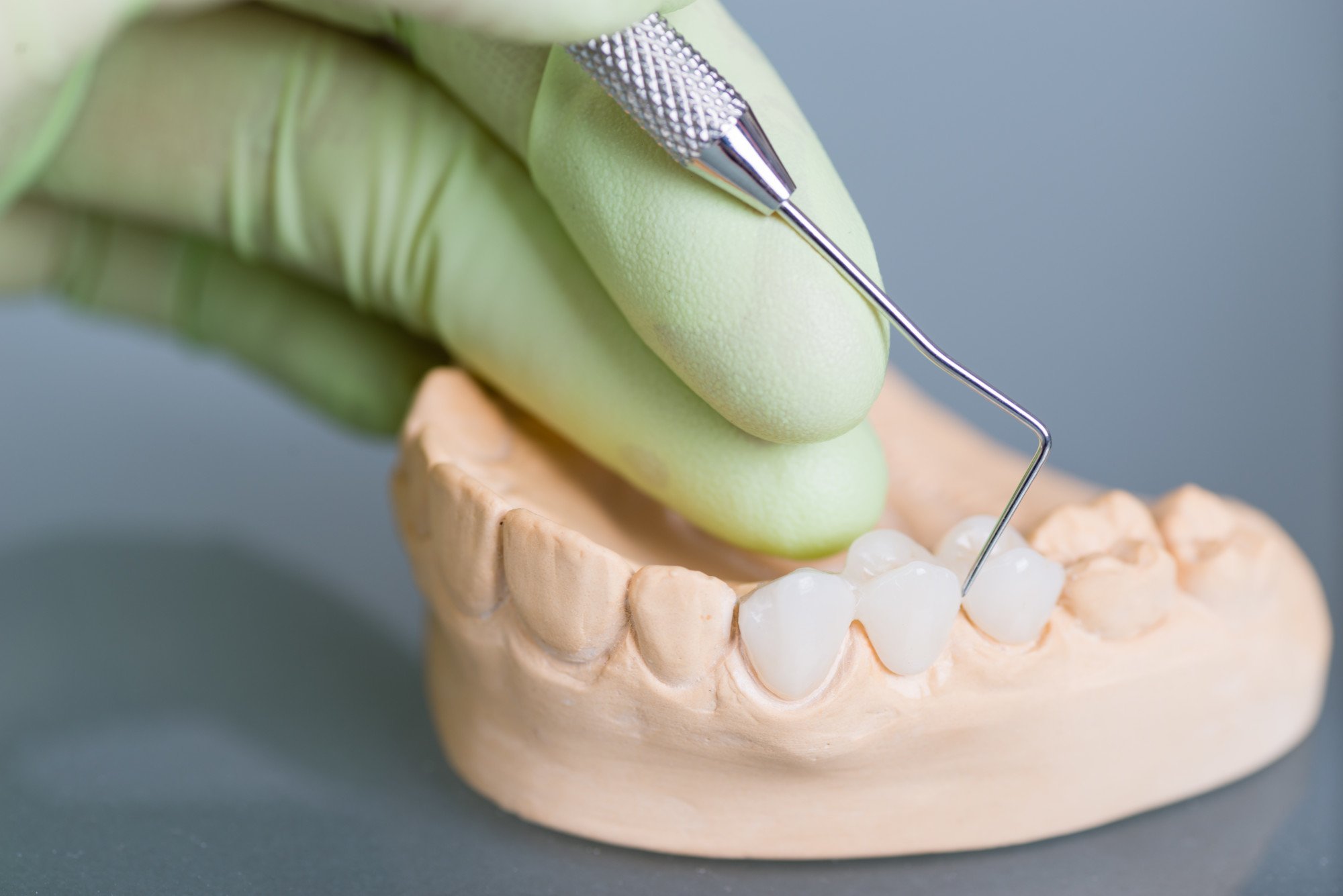
Bleeding in gums may seem like a minor issue, but when it comes to oral health, it can signal bigger problems. Gingivitis, for example, is a condition that occurs when your gums become inflamed and start bleeding more easily.
This happens because plaque, a harmful form of bacteria, forms around your teeth. If left untreated, it may lead to periodontitis, a severe form of gum disease that can cause you to lose your teeth.
Preventing and treating gum bleeding is critical if you want to maintain a healthy smile. Here are a few strategies you can use.
Use a Mouth Rinse
You should use a rinse that contains chlorhexidine. It’s an antiseptic that kills the bacteria which can cause gum infection. It’s best to use the rinse after brushing and flossing. This will help reduce plaque and bacteria and reduce your risk of developing gum disease.
It will help calm inflamed and irritated gums and will aid in decreasing any bleeding. Use a mouth rinse approved by your dentist and rinse vigorously for at least 30 seconds.
Be Gentle When Brushing
One way to stop gum bleeding is to use a soft-bristled toothbrush to help protect the gums from scratches and abrasions occurring when brushing. It can be helpful to floss gently between teeth and use an antiseptic mouthwash to help prevent infection. Avoid brushing too hard and opt for longer brushing sessions to ensure that all areas are cleaned adequately.
Use a Soft Toothbrush
Traditional toothbrushes with stiff, hard bristles can upset sensitive gums and cause them to bleed. The soft toothbrush is gentle enough that it does not irritate the gums. Ensure that the brush has soft, rounded-tipped bristles, and use gentle strokes when brushing.
Avoid scrubbing your teeth because it can lead to swollen, bleeding gums. Consider an electric toothbrush that is designed for sensitive gums because it can provide gentle yet effective brushing to remove plaque and bacteria. Make sure to brush your teeth twice a day with toothpaste that has an anti-inflammatory property to help reduce inflammation in the gums.
Avoid Tobacco Products
Tobacco is known to cause inflammation in the gums and can even weaken the bond between the gums and teeth. Smoking is now linked to an increased occurrence of bone and tooth loss. This is due to the nicotine and other chemicals in the smoke. Avoiding all forms of tobacco products is essential for preventing and stopping gum distress.
Visit Your Dentist Regularly
Regular visits to your local dentist office will allow them to examine your gums and determine the cause of the distress. They will be able to identify an underlying cause and the best course of action. Dentists can also provide advice on the best oral hygiene practices to prevent spongy and bleeding gums.
Your dentist can provide treatments like scaling and planing that can help reduce inflammation and provide a deep clean of your gum tissue.
Always Be on the Lookout for Bleeding in Gums
Bleeding in gums should not be ignored but instead acknowledged and treated with a proper daily routine of brushing, flossing, and using mouthwash. If the bleeding persists, seeking help from a competent dental practitioner is the best way to keep gums healthy.
Taking these precautionary steps now can help to prevent the causes of bleeding gums and provide a lifetime of healthy smiles. Contact your dentist today to take action and protect your gums!
Did you find this article educational? Make sure to browse our blog for more interesting reads.





